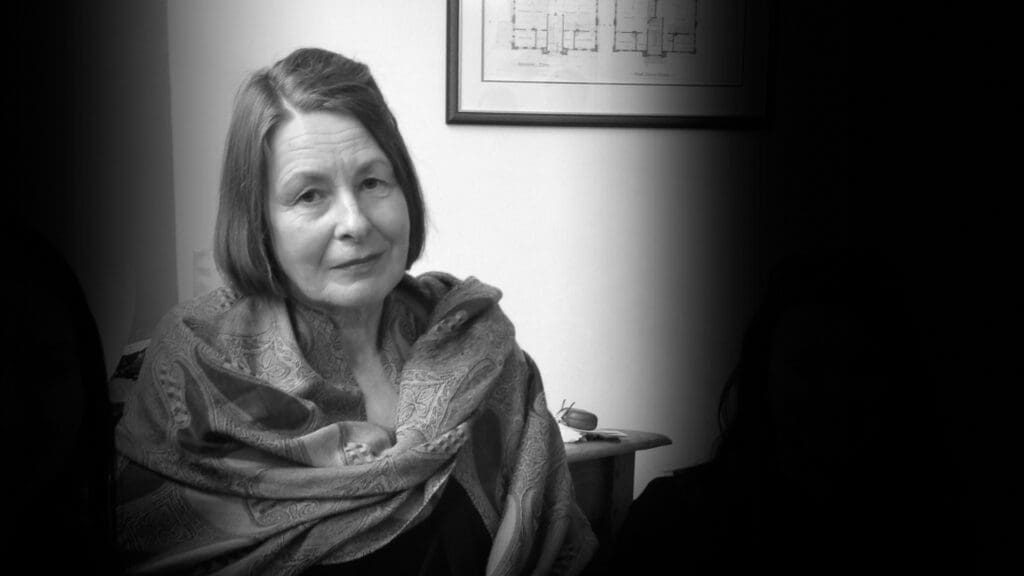Coroner to ask whether racism played a role in Tanya Day’s death
The Coroner in the inquest into Yorta Yorta woman Tanya Day’s death in police custody has agreed to look at whether systemic racism played a role in Ms Day’s treatment and ultimate death.
In the momentous decision, the Acting Victorian State Coroner Caitlin English ruled that she “will allow witnesses to be questioned as to whether racism played a part of their decision making, including Ms Day’s treatment, options considered, their motivations and potential unintended effects of their decision making.” The Coroner has also allowed an expert report on systemic racism to be included in the material and will allow witnesses to be asked to produce relevant “policies, procedures and training.”
Tanya Day’s children, who have advocated for the coroner to investigate the role racism played in their mother’s death since the beginning, said:
“We are extremely pleased Coroner English has accepted our submission of systemic racism, and hope that doing so shines a light on the system that failed our mother and led to her dying in police custody.”
On 5 December 2017, Tanya Day was taken off a train in Castlemaine after a V/Line officer called the police. She was then arrested and locked up for the offence of being drunk in a public place. In custody, Tanya Day fell and hit her head on a number of occasions causing a brain haemorrhage that she later died from.
“The past 18 months has been particularly painful for our family. Our mum was a beautiful woman who deserved dignity and respect especially at her most vulnerable time. We will continue to fight for justice for her as she did for others.”
At the last directions hearing, it was revealed that at the time of Ms Day’s death, and Torres Strait Islander women were approximately 10 times more likely to be targeted by police for being drunk in public than non-Indigenous women.
Ruth Barson, Legal Director at the Human Rights Law Centre, who is representing the family, said it was important that the link between the offence of public drunkenness, racialized decision making and Aboriginal deaths in custody be explored.
“It is right for the Coroner to look into whether racism played a part in Tanya Day going from being asleep on a train to dying in police custody. The truth of the matter is that Tanya Day would be alive if the Victorian Government had done the right thing and repealed public drunkenness laws – laws that criminalise behaviour for some people that is completely overlooked for others,” said Barson.
Over the past three decades, the Aboriginal and Torres Strait Islander community and numerous expert reports, including the Royal Commission into Aboriginal Deaths in Custody in 1991, have recommended that the offence of public drunkenness be abolished and replaced with a public-health response.
“If Premier Andrews does not get rid of the offence of public drunkenness and confront the racism that leads to Aboriginal and Torres Strait Islander people being targeted and locked up – then deaths in custody will continue. If somebody is too drunk, they need help to get home or for an ambulance to be called – they should not be behind bars,” said Barson.
READ: Ruling on Application Regarding the Scope of the Inquest
READ: An overview of the coronial inquest into the death in custody of Tanya Day.
READ: An overview of the argument for systemic racism to be investigated in the inquest.
Media contact:
Michelle Bennett, Communications Director: 0419 100 519
Media Enquiries
Chandi Bates
Media and Communications Manager

Legal challenge filed against Tasmanian Parole Board’s decision to gag free speech
The Human Rights Law Centre has filed legal proceedings on behalf of Tasmanian grandmother, Susan Neill-Fraser, to challenge a restrictive parole condition placed on her by the Tasmanian Parole Board seeking to limit her ability to speak to the media.
Read more
University of Melbourne urged to drop repressive anti-protest and surveillance policies
The University of Melbourne is being urged to abandon policy changes that restrict staff and students’ right to protest and permit the widespread surveillance of people using their wifi network.
Read more
Expanded protections for marginalised groups welcomed in Allan Government’s anti-vilification laws
The Human Rights Law Centre welcomes the additional protections for marginalised groups in anti-vilification laws passed today by the Allan Government. These laws expand protections from vilification to include people from LGBTIQA+ and disability communities, and provide communities with important civil law avenues to address vilification.
Read more


